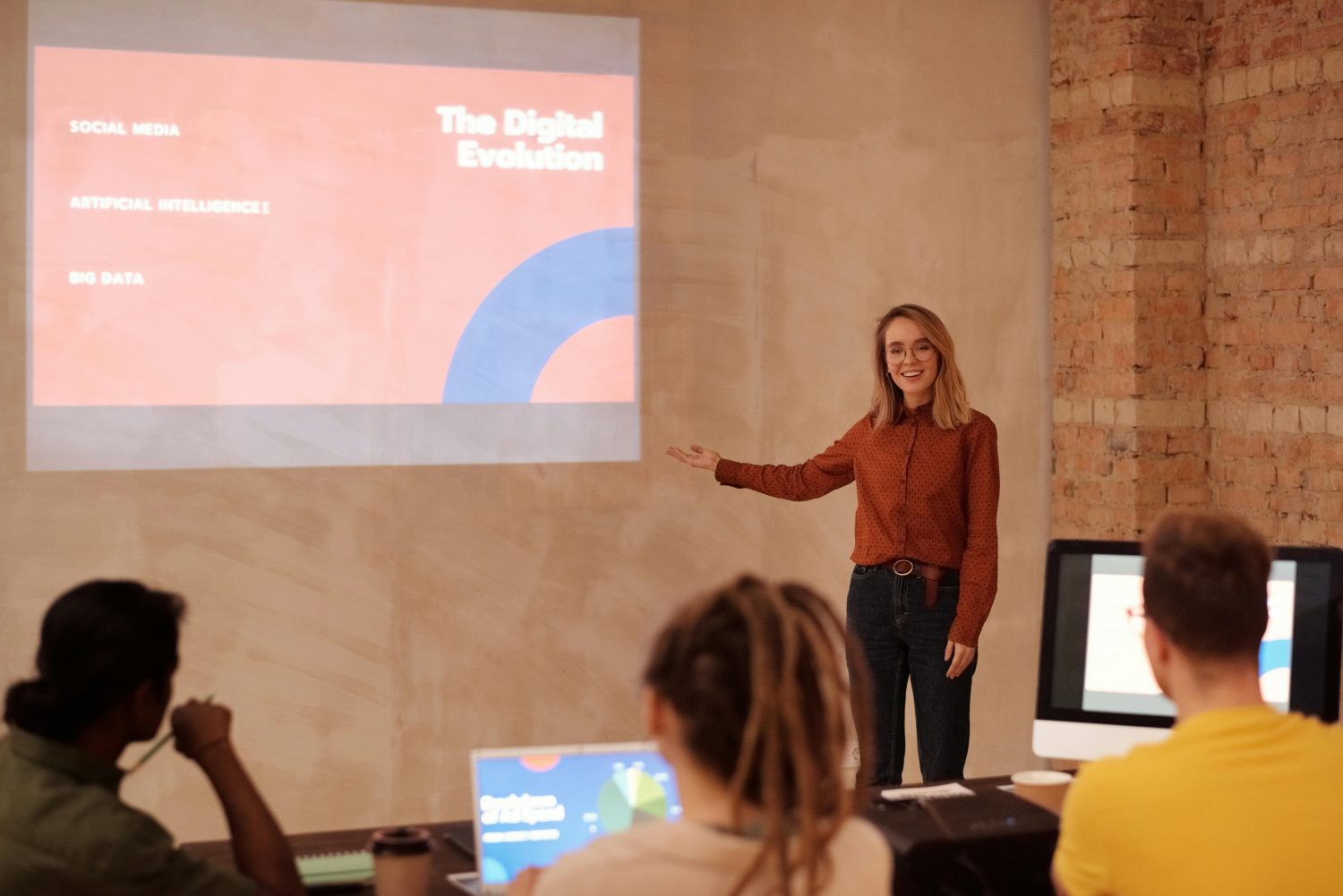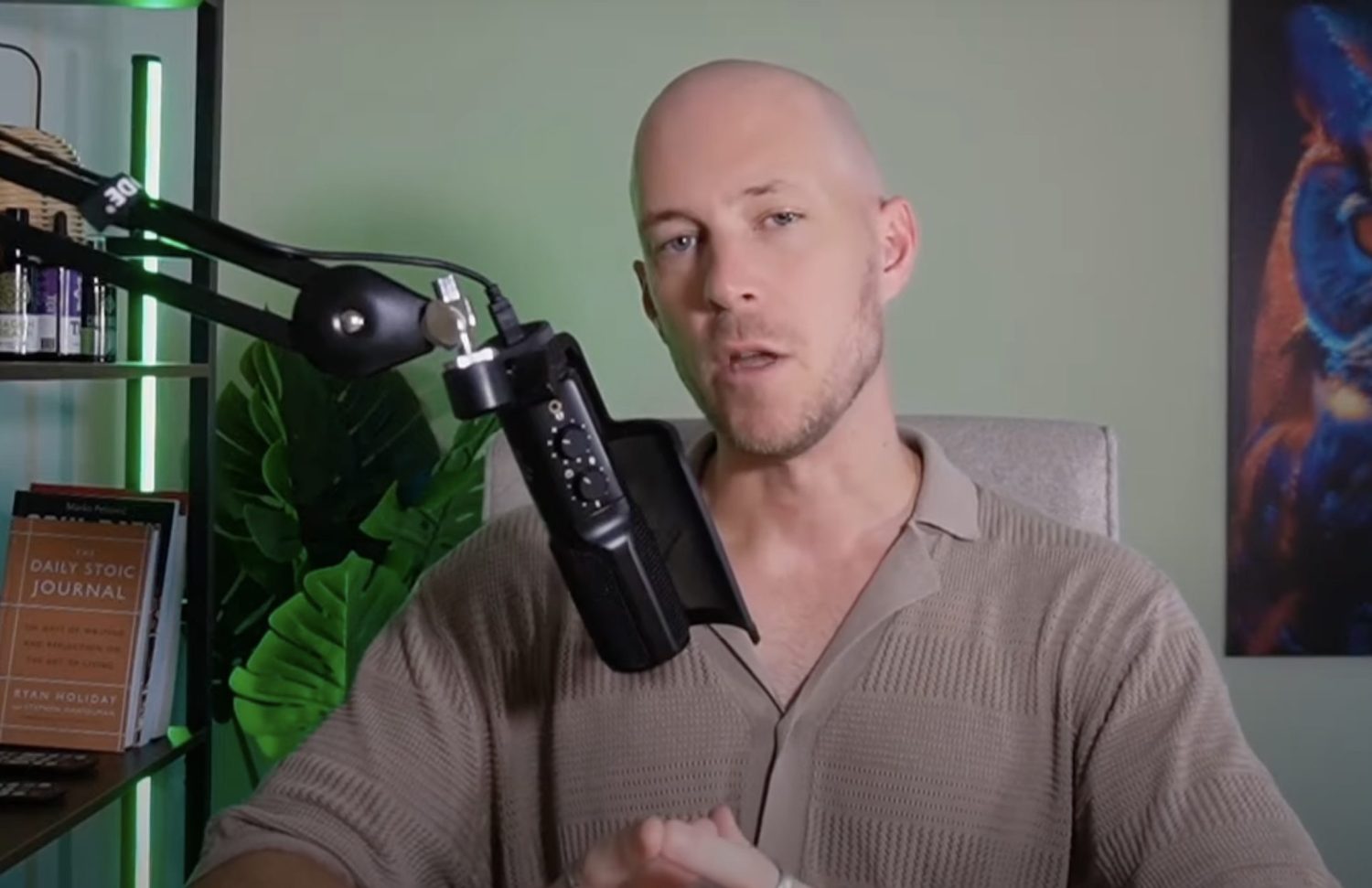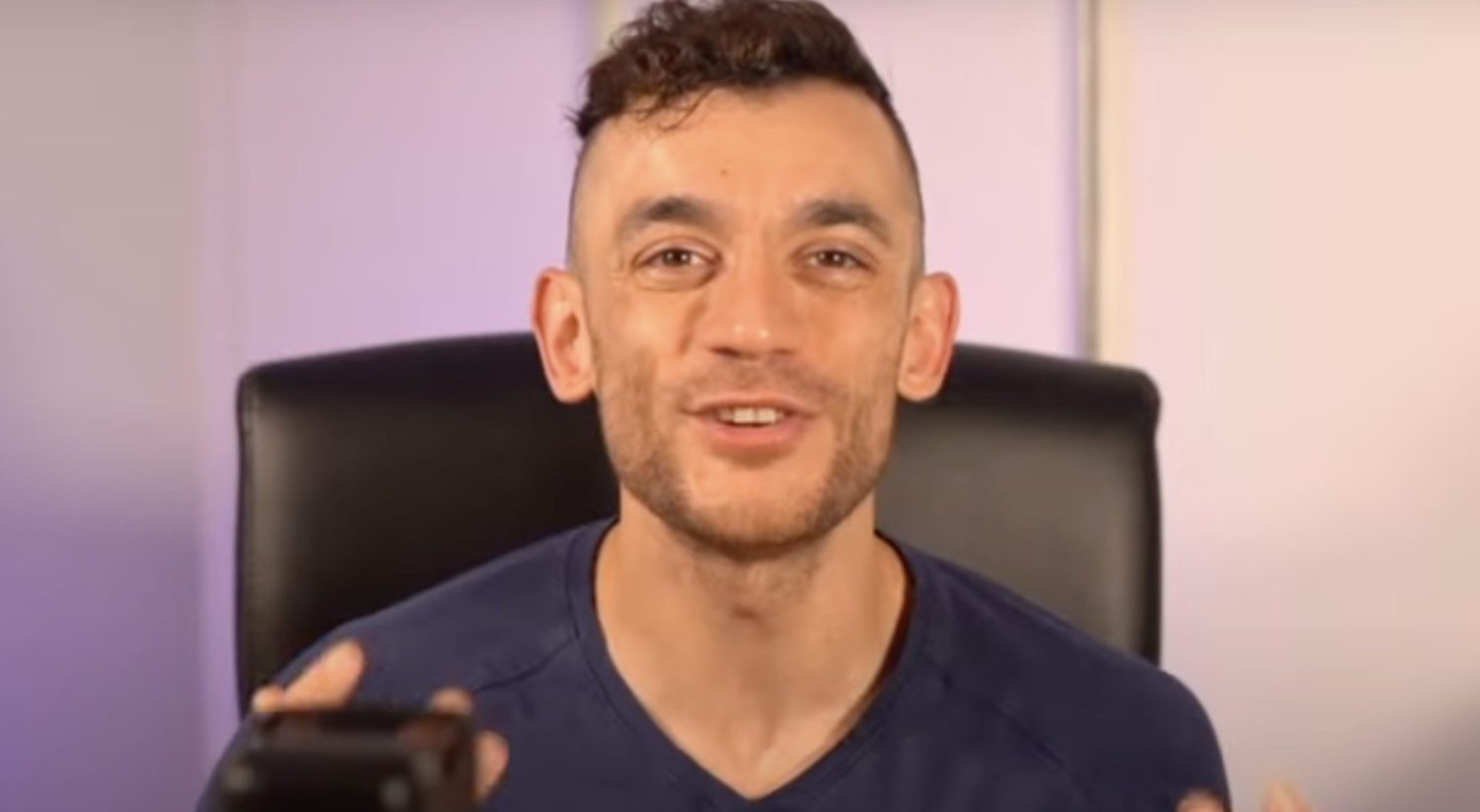In the ever-evolving world of online content creation, there’s a hidden gem that many marketers overlook: programmatic content. This article will explore how to leverage artificial intelligence (AI) to create programmatic content that can potentially generate significant income. We’ll dive into what programmatic content is, why it’s effective, and how you can implement it in your digital marketing strategy.
Understanding Programmatic Content
Programmatic content refers to the creation of content based on a specific template or format that can be repeated across multiple topics or niches. It’s a systematic approach to content creation that allows for scalability and efficiency. The key characteristics of programmatic content include:
- A consistent structure across multiple pieces of content
- The ability to cover a wide range of related topics
- Scalability for large-scale content production
- Potential for automation using AI tools
The Advantages of Programmatic Content
While traditional AI-generated content often struggles to rank well due to high competition and lack of uniqueness, programmatic content offers several advantages:
- Targeted Long-Tail Keywords: Programmatic content can target numerous specific, long-tail keywords that have lower competition.
- Scalability: Once you have a template, you can quickly produce content for multiple related topics.
- Consistency: A uniform structure across your content can improve user experience and potentially boost SEO.
- Efficiency: With the right AI tools, you can generate large amounts of content in a short time.
Examples of Successful Programmatic Content
Several websites have found success using programmatic content:
- Customer service information sites
- Book reading time calculators
- Salary comparison platforms
- Product review aggregators
- Celebrity net worth databases
These sites often rank well for specific queries and can generate significant traffic and revenue.
Creating Effective Programmatic Content with AI
To create effective programmatic content using AI, follow these steps:
- Choose Your Niche: Select a niche that lends itself well to programmatic content, such as product comparisons, reviews, or informational content.
- Develop a Template: Create a consistent structure for your content that can be applied across multiple topics within your niche.
- Use AI to Generate Content: Leverage AI tools like ChatGPT to populate your template with relevant information for each topic.
- Focus on User Intent: Ensure your content addresses the specific needs and questions of your target audience.
- Optimize for SEO: Include relevant keywords and structure your content in an SEO-friendly manner.
- Scale Your Content: Use your template to create content for multiple related topics or keywords.
Potential Niches for Programmatic Content
Some niches that are well-suited for programmatic content include:
- Job board listings
- Real estate information
- Contact information databases
- Product reviews
- Restaurant reviews
- Travel deals
- Coupon aggregators
- Hotel reviews
- Freelance job listings
- Influencer databases
Monetizing Programmatic Content
Once you’ve created your programmatic content, there are several ways to monetize it:
- Affiliate Marketing: Include affiliate links to relevant products or services.
- Display Advertising: Place ads on your content pages to generate revenue from impressions and clicks.
- Sponsored Content: Partner with brands to create sponsored programmatic content.
- Lead Generation: Use your content to capture leads for your own products or services.
- Subscription Models: Offer premium or exclusive programmatic content behind a paywall.
Challenges and Considerations
While programmatic content can be highly effective, there are some challenges to consider:
- Quality Control: Ensure that your AI-generated content is accurate and valuable to users.
- Avoiding Spam: Focus on creating helpful content rather than using programmatic methods to spam search engines.
- Staying Current: Regularly update your content to keep it relevant and accurate.
- Differentiating Your Content: Add unique insights or data to stand out from other programmatic content in your niche.
Conclusion
Programmatic content created with AI offers a powerful opportunity for marketers and content creators to generate large amounts of targeted, valuable content efficiently. By focusing on user intent, maintaining quality, and choosing the right niches, you can leverage this strategy to potentially create a significant income stream. As with any content strategy, it’s crucial to prioritize value for your audience and adhere to best practices in SEO and content creation.
Frequently Asked Questions
Q: What is programmatic content?
Programmatic content is a type of content created using a specific template or format that can be repeated across multiple topics or niches. It allows for efficient, scalable content production that can target numerous specific keywords.
Q: How does AI help in creating programmatic content?
AI tools like ChatGPT can help generate content based on your template quickly and efficiently. They can populate your structure with relevant information for each topic, saving time and resources in content creation.
Q: Is programmatic content effective for SEO?
When done correctly, programmatic content can be very effective for SEO. It allows you to target numerous long-tail keywords and provide valuable information to users. However, it’s important to focus on quality and user intent to achieve the best results.
Q: What are some good niches for programmatic content?
Good niches for programmatic content include product reviews, salary comparisons, book summaries, travel information, restaurant reviews, and contact information databases. Any niche that involves repeatable information across multiple topics can be suitable for programmatic content.
Q: How can I monetize programmatic content?
Programmatic content can be monetized through various methods including affiliate marketing, display advertising, sponsored content, lead generation, and subscription models. The best monetization strategy will depend on your specific niche and audience.









